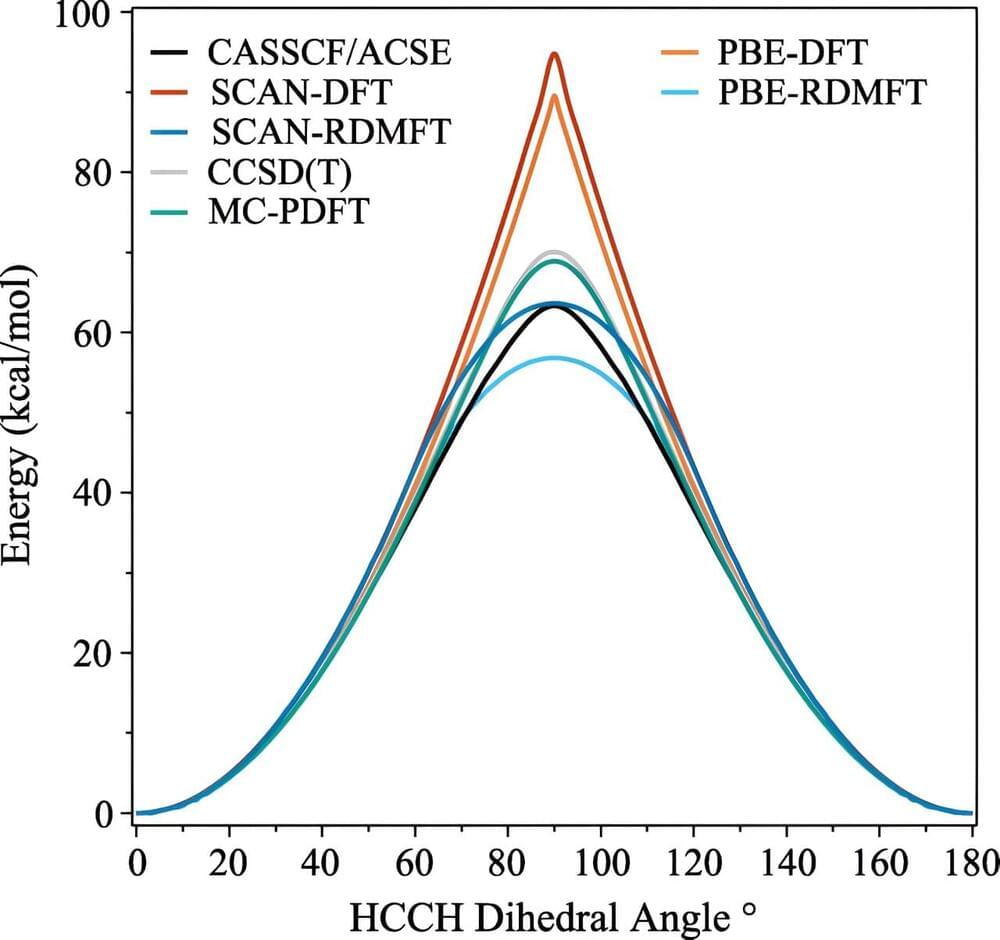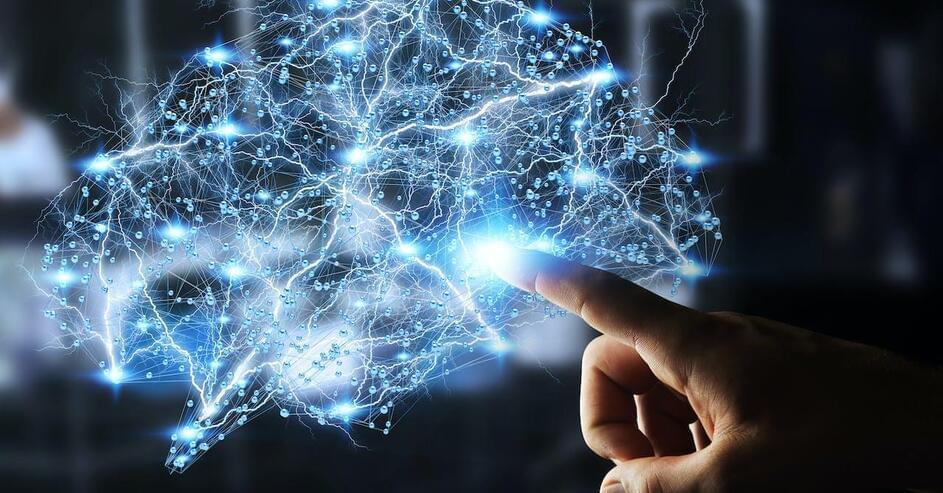Could Earth end up with a runaway greenhouse effect like Venus someday, and what could this mean for finding life on exoplanets? This is something a recent study published in Astronomy & Astrophysics hopes to address as an international team of researchers used a 3D global climate model to investigate if Earth is destined to develop a runaway greenhouse effect like the planet Venus, which precious studies speculate was once much like Earth long ago. This study holds the potential to bring awareness of the long-term consequences of climate change and what steps can be taken to mitigate the effects.
A Runaway greenhouse effect can turn a habitable planet like Earth with a surface liquid water ocean into an inhospitable planet like Venus. (Credit: Thibaut Roger / UNIGE)
“Until now, other key studies in climatology have focused solely on either the temperate state before the runaway, or either the inhabitable state post-runaway,” said Dr. Martin Turbet, who is a research scientist at CNRS laboratories of Paris and Bordeaux and a co-author on the study. “It is the first time a team has studied the transition itself with a 3D global climate model and has checked how the climate and the atmosphere evolve during that process.”




